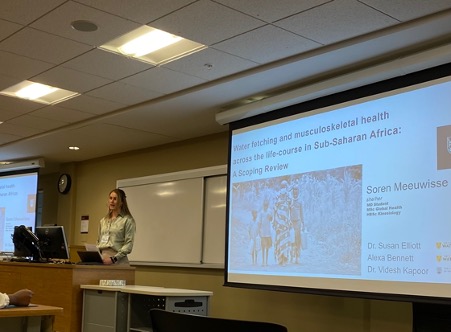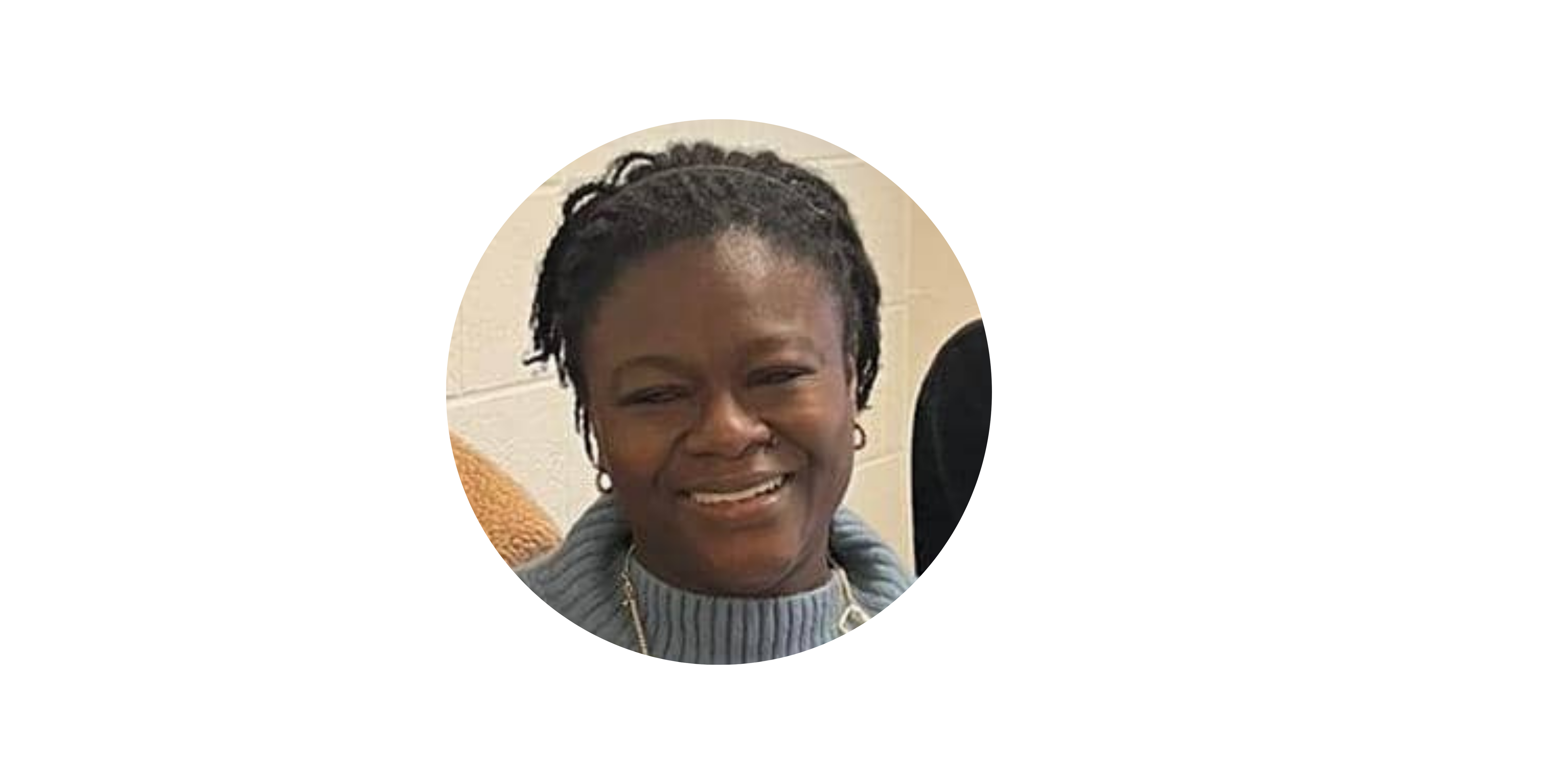Working in the field of Global Health: Q & A with MSc Alumni Lauranne Larose

MSc. Global Health (GH) Alumni, Lauranne Larose, an infectious disease advisor currently living in Montreal, reflects on her experience and the opportunities that led her to this position working in Nunavik, the Inuit region of Quebec. The Canada Inuit region, Inuit Nunangat, counts 4 regions and a total of 51 communities: Nunavut, Northern Quebec’s Nunavik, Northern Labrador’s Nunatsiavut, and Northern West Territories, Inuvialuit.
First trained as a registered nurse, Lauranne continued with schooling and completed her undergraduate degree in Political Science and International Relations at Yonsei University, South Korea, in 2015. In 2015, after doing humanitarian work during the Ebola outbreak in West Africa, Lauranne began the McMaster University MSc. GH program. Following the GH program, she continued humanitarian work with Médecins Sans Frontieres and OXFAM before working for the Nunavik Regional Board of Health and Social Services while studying a pre-pHD program in Analysis and Evaluation of Health System Services at Universite de Montreal.
Lauranne’s path exemplifies that of many professionals in the GH domain, it demonstrates how dynamic and active the learning process is – a field that is ever changing – where the professionals within must not only adapt and grow with it, but also continuously redefine it. She shares her own experiences in this interview and shows us just how students can yield teachings from the GH program to strike a balance between contributing to regional and international health efforts. The MSc. GH program provided her with the necessary tools for uncovering a number of resources when needed and to utilize data-based evidence providing a scientific approach and perspective to the work she does in this field. She further notes that having completed the Globalization and Equity stream in the GH program allowed her to form a sound understanding of the global systems and colonialism when studying globalization and the legacies of globalizations.
How do you see the legacy of colonialism represented in the North?
The legacy of colonialism is everywhere to be seen in the Global Health! In the Democratic Republic of the Congo where I did most of my humanitarian work, the Belgian colonialism left a very visible impact on the society, on the institutions, and on the people. I remember how I would have to show my ordre de mission at every road post while circulating in the back country, movements being limited by those road control posts, a colonial practice that somehow remained after the country became independent in 1960. In Nunavik, it is the southern Canadian colonialism that has shaped the region and as a southern Canadian myself, I have to be conscious of that in everything that I do. Have you ever heard of TB? Well, it is an important burden in Canadian Inuit regions, and it is linked with harsh past colonial practices like sending infected Inuit in Southern Canada sanatorium. Working in the TB elimination program, I need to balance, on an everyday basis, ambitious program goals and respect for community’s leadership and independent will.
Do you have any advice for students who are kind of just getting their toes wet in the GH landscape?
Something I said a few years ago when I went abroad after the MSc. program and I would say the same for the North is that it’s good to study GH but after you graduate, you must go and see the world for yourself. Don’t naively think that because you have a Masters in GH that you know GH; you have to go and see for yourself. There is a big difference between studying something and then going in the field and seeing it for yourself. So, I would encourage students to have meaningful experience abroad, up North, or with any Indigenous communities in Canada.
I think there is good momentum right now to get to know more about Indigenous communities and to revisit history. There are opportunities for students and professionals to work with Indigenous Communities in the Arctic or even close to home.
What do you think is the most crucial elements to working in GH with different communities?
It’s important to be conscious of your status even though you feel that you’re not particularly privileged. As a GH professional, you would often be put in a power relationship with communities and it is important to acknowledge that. It’s important to learn about the communities you’ll be working in and to put yourself in a position to learn the culture and the language and to continue to adapt to the changes in the field. So, put yourself in a position of learning by listening, looking around, and being humble.
Lauranne’s experiences show us how a career in GH must have humility closely faceted. Cultural humility is a process that involves self-reflection to understand personal and systemic biases, and to develop and maintain respectful relationships based on mutual trust. This involves acknowledging oneself as a learner in order to understand another’s experience. Lauranne encourages individuals to acknowledge how global issues that may seem distant can be found much closer to home in Canada’s Indigenous communities.
Note: The views and opinion in this article are those of the interviewee.
Student and Alumni ProfilesRelated News
News Listing

A Journey from Research to Advocacy: Global Health Alumna’s Impact on Health Equity
Student and Alumni Profiles
October 17, 2024

“My work does not only come from a place of intellectual curiosity, but also shared grief”: Dr. Zoha Salam’s Journey as the Second Global Health Doctoral Program Graduate
Global Health News, Student and Alumni Profiles
June 20, 2024

PhD Student Tackling Intimate Partner Violence in Resource-Constrained Settings Receives an IDRC Doctoral Research Award
Student and Alumni Profiles
February 28, 2024
